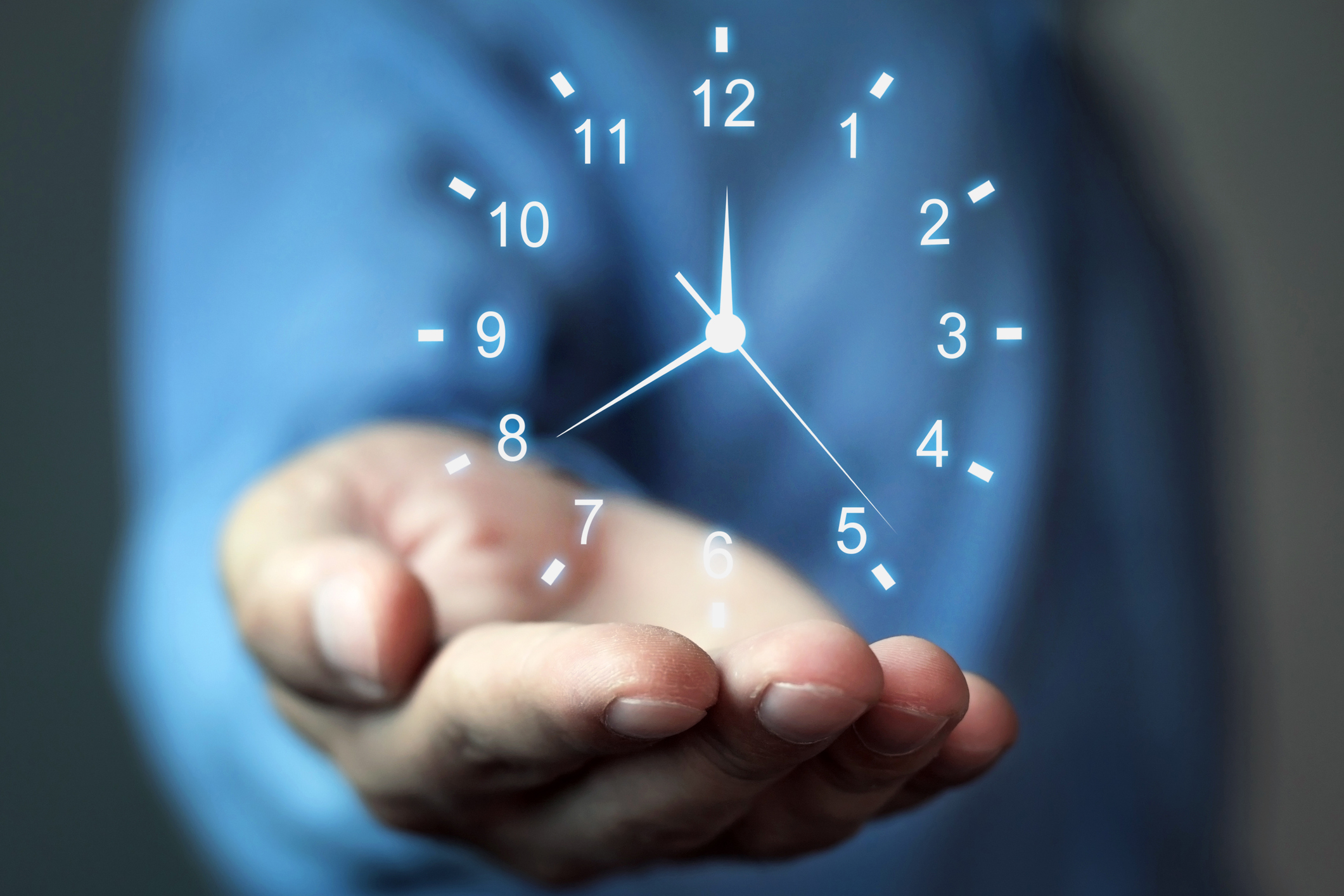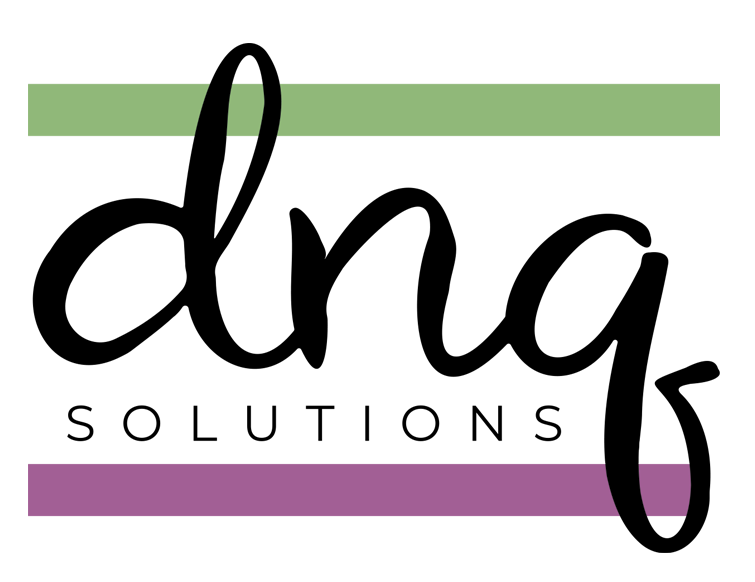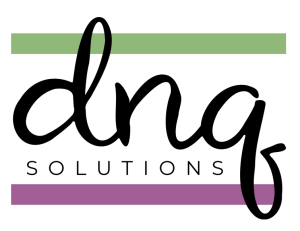
I think everyone wants to feel in control of how they spend their available or “free” time. We know that much of our time is used for things we need to do to take care of ourselves, our family, our home, and our job. What about time that isn’t already spoken for? You know, our “free” time. If you are spending time looking for things you need, then you are using valuable minutes you may want to spend doing something fun. The fact is that when things are hard to find because they are lost in the clutter, we waste time looking for them. When this happens, clutter is controlling your time. This is one of the best reasons to declutter your environment. Here are some strategies for you to try if you want to be in control of your “free” time.
Let’s Review the Time-Clutter Connection
Believe me when I say that there is a huge time-clutter connection. Picture this: you have allowed yourself 30 minutes to get ready before leaving the house. You’re ready right on time but the car keys are nowhere in sight. You spend the next 10 minutes looking for your car keys and find them but now you must rush to be at the train station on time. The result is that you are anxious and stressed.
Here’s another scenario: Your friends are coming over after work tomorrow. There’s laundry piled on chairs in the living room and stuff on the counters in the kitchen. You don’t want your friends to see all this stuff cluttering up your home, so you spend a couple of hours putting things away. You wanted to do something else, but the clutter took control of your time.
Excessive clutter in your home steals your time and impacts the way you use your available time.
So, the question is how do you put yourself back in the driver’s seat, in control of your “free” time? I’ll answer this question shortly.
The Hidden Costs of a Cluttered Environment
I’ve already demonstrated a few of the ways clutter costs you by stealing your time.
Clutter also may force you to buy things you know you have but can’t find because they are lost in the piles of things.
A cluttered environment has an impact on your relationships, too. It may make you short-tempered with your family. Or they may play the blame game effectively blaming you for the way the home looks and the fact that they can’t find the things they’re looking for. Probably they are equally at fault. It’s hard to put things where they belong when the organizational systems are broken. It’s easier to simply put things down or to add to the pile which compounds the problem.
Another hidden cost is that if the clutter causes you to misplace work documents or consistently be late for work (because you were looking for something you’d lost in the clutter) you may lose your job.
Strategies for Reclaiming Control of Your “Free” Time
It may be obvious, but I just have to say it, reduce the amount of clutter in your home.
First remove things that you can recycle, toss, or donate.
Then, identify how you want each room/area in your home to function. Ask yourself (and your family) what happens in this room or area? Keep things in that room that support the function (s) of the room. Nothing else belongs there.
Of course, you may need to create a designated storage closet or space for things you want to keep but which don’t currently have a place to belong.
Finally, review how you want to spend your “free” time.
Create Space in Your Schedule for Productivity and Relaxation
Before you begin, spend one or two weeks tracking your time. Write down everything you do from the time you get up to the time you go to bed. This activity can be a real eye-opener. It forces you to mindfully acknowledge how you are using your time.
Now that you are aware of how you are using your time ask yourself if you are making the best possible use of your time.
- Can you delegate some tasks?
- Are you factoring in time to relax?
- Are you allowing time for fun?
As you plan your schedule, pay attention to the time between meetings and other scheduled activities.
- Are you planning travel time between appointments?
- When do you do household chores?
- Do you spend the weekend cleaning?
- Where are the open spaces in your calendar?
- Can you plan to use those times for things you want to do?
Practices for Controlling Clutter
The single most important thing you can do to control clutter is to maintain each space in your home.
This is not a difficult task if everything has a designated place to be. As I said above, decide how you will use each room/area in your home and then only keep the things there that belong in that room.
Pay attention. If you see something out of place or in a room where it doesn’t belong, do something about it. Either put it away in that room or take it to where it belongs.
Of course, this takes practice.
If your goal is to take control of your “free” time, then picking up after yourself on a regular basis will put you back in the driver’s seat. It takes much less time to put one or two things away than it does to unpack a pile of clutter.
Is clutter robbing you of your “free” time? Would you like to take back control, to create better organizational systems in your home? Send me an email to schedule a free 30 minute phone call to review your options for making this happen. You can reach me at: dnqsolutions@gmail.com.
Diane N. Quintana is the owner of DNQ Solutions, LLC. She is an ADHD Organizing Specialist, a Hoarding Specialist, and a Chronic Disorganization Specialist. Diane is also an ICD Master Trainer, Certified Professional Organizer in Chronic Disorganization, Certified Professional Organizer and co-owner of Release Repurpose Reorganize LLC based in Atlanta, Georgia. She specializes in residential and home-office organizing.


Love this thought! Who is really in control of your time? I was thinking about this the other day as I was scheduling doctor appointments for the kids, vet appointments for the dogs, and vacation plans. My time right now is primarily controlled by my family members, so I have to protect and be proactively thoughtful during the time I do have. Decluttering my home and my schedule helps with this immensely. Thank you for this reminder. It is a great article.
Thank you, Jana! It’s really amazing when you think about the ways in which our time is used isn’t it?
I love that you mentioned adding in sometime during your day. Adding just 15 minutes allows me to catch up and make it to the next appointment. It also helps when driving to a client’s location. If I am early, I can check emails before going to my next meeting or take a moment to breathe and enjoy a calm moment.
Thank you, Sabrina!
I love how you illustrated the time/clutter connection. It’s true how clutter can affect our available time. Thinking and stressing about it also ‘steals’ time away from other things. I’ve noticed how much mental and emotional energy (aka time) people spend ruminating about their clutter. But the key is in activation, as you said.
Creating systems that flow and support your needs is worth the time upfront. And just as important is committing to the maintenance needed to keep things organized and clutter-free. While those require a time investment, the ‘savings’ will be significant. You will have more free time and less stressful times.
Great points, Linda. Thank you so much for commenting!
It’s so true, right? I hate when I can’t find something. It definitely feels like wasted time running around looking for it.
I love what you said about keeping your space organized isn’t hard “when you have a place for everything.” This is the key. Anything that I haven’t designed a place for will likely end up in a heap on my desk. Once I know where an item goes, I still need to hold myself accountable to put it away, but there is a freedom in knowing that I can put things away if I choose. When I don’t have that feeling, then I feel out of control.
So true, Seana. I know I feel better when I know where my things are. Thank you for commenting!